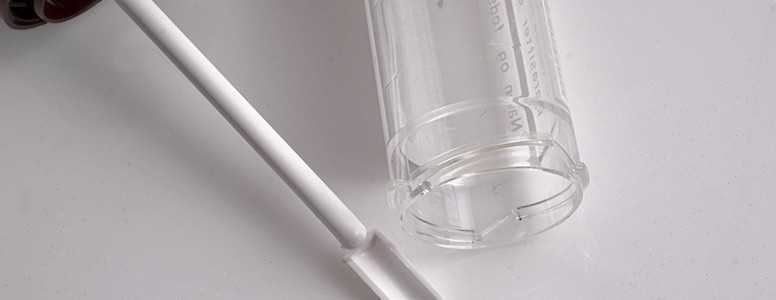Polish researchers have found that transplanting a fecal sample from lea, healthy mice to obese recipients may modulate gut microbiota but does not help improve metabolic syndrome symptoms.
The study, published in the online journal Nutrition and Metabolism, examined changes in the gut microbiota in mice fed a long-term, high-fat diet after administration of feces from lean animals.
Obesity researchers from from two clinical oncology institutes in Warsaw have suggested that the condition in both humans and animals may be associated with decreased intestinal barrier function and gut inflammation. Obesity shares a significant relationship with type 2 diabetes.
In this study, scientists postulated that this can be regulated and potentially reversed by a specific diet supplemented with feces from lean healthy donors.
In order to verify their theory, the researchers ran an experiment where they followed three groups of mice fed a different diet for 28 weeks.
One group was on a normal diet (with 10 per cent of calories from fat), another consumed a high-fat diet (of 22 per cent protein and 30 per cent fat), and the remainder received both a chow and feces from mice fed a normal diet.
The composition of colonizing bacteria as well as body weight was then evaluated at 12 and 28 weeks after starting the experiment.
While researchers expected to see a drop in the body weight of fecal transferred-mice, the results showed otherwise.
The data demonstrated that although transferring feces from lean to high-fat adapted obese mice modified the composition of their gut microbiota (with gut diversity increasing over time), this was associated with weight gain instead of the anticipated weight reduction.
Both mice on a high-fat diet and those that received the fecal transfers from their lean counterparts experienced an increase in body weight by weeks 6 and 5, respectively. The latter group of mice even ended up gaining more weight than the former by week 25.
The researchers concluded that, in contrast to previous reports, supplementing high-fat fed mice with feces from lean mice tends to accelerate the onset of obesity.
However, there are important caveats in the study. The composition of the mice’s “high-fat” diet is one, as by deduction more than half of calories came from carbohydrates. A diet that is both high-fat and high-carb was likely to cause increased weight gain in the later weeks of the protocol.
Similarly, previous research has shown that fibre intake is key to a healthy gut microbiome. Without it, the growth of beneficial species of bacteria in the GI track stalls and the lack of a rich intestinal microbiota may not protect mice from diet-induced obesity.
Overall, this mice study looking at the impact of changes in gut microbial profiles on metabolism does not fully support treating obesity through fecal transfers.
What's new on the forum? ⭐️
Get our free newsletters
Stay up to date with the latest news, research and breakthroughs.





